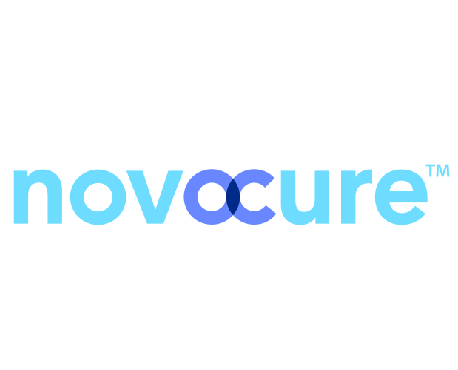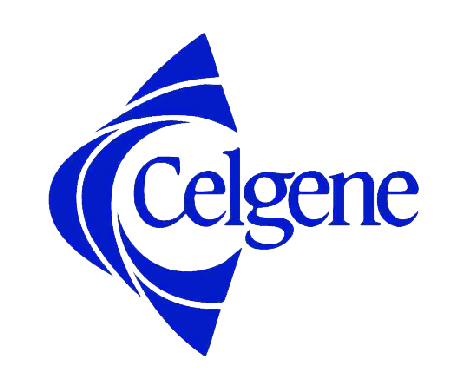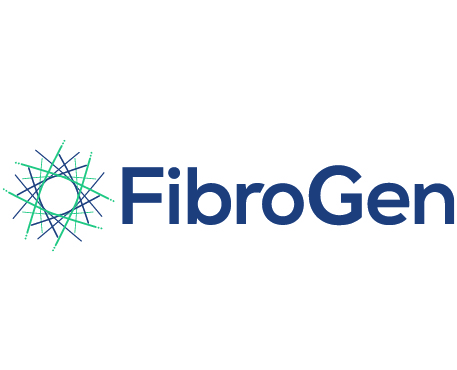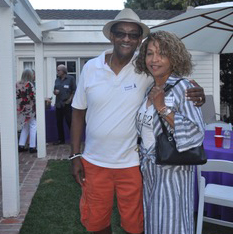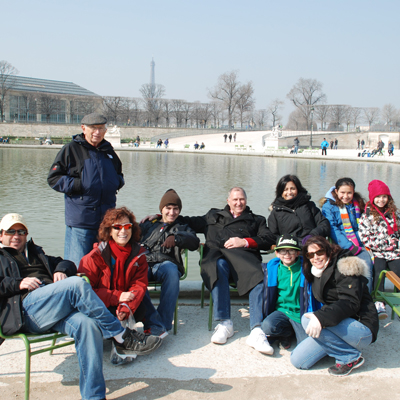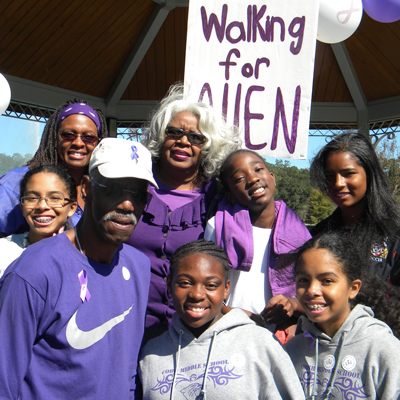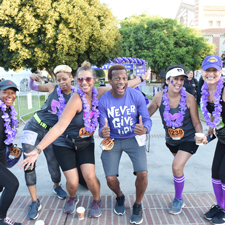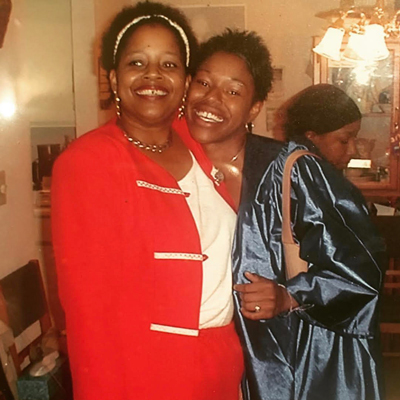The 2019 Activity Summary from UCLA, a report that outlines the work we’ve funded on campus and evaluates the remarkable advances made in research and patient care, is now available. The Hirshberg Foundation continues to position the UCLA Agi Hirshberg Center for Pancreatic Diseases as a hub for leading-edge investigations and a beacon of hope for patients and their families. During the past year, this focus on innovation and exploration continued to draw patients from all over the country to UCLA for consultation, treatment, and support.
The Center’s Integrated Practice Unit (IPU) focuses on pancreatic diseases and brings together surgeons, medical oncologists, radiation oncologists, pathologists, gastroenterologists, geneticists, and psychosocial care specialists. The collaborative approach enables them to work together on comprehensive and personalized care plans for individual patients. Patients also have access to pioneering clinical trials. In addition to the IPU, where patients with pancreatic adenocarcinoma cancer are being treated, patients that are diagnosed with pancreatic neuroendocrine cancer can be brought before the UCLA neuroendocrine tumor board. This board was created to better address the specific needs of patients with tumors that originate in hormone-producing cells, including pancreatic tissue and helps evaluate which protocols will be most beneficial for individual patients. The Center’s patients also have access to pioneering clinical trials.
The 2019 Summary also includes updates on the Ronald S. Hirshberg Translational Pancreatic Cancer Research Laboratory, UCLA Pancreas Tissue Bank, Psychosocial Care via the Simms/Mann – UCLA Center for Integrative Oncology and our Seed Grant Program.
Read the full summary here.
